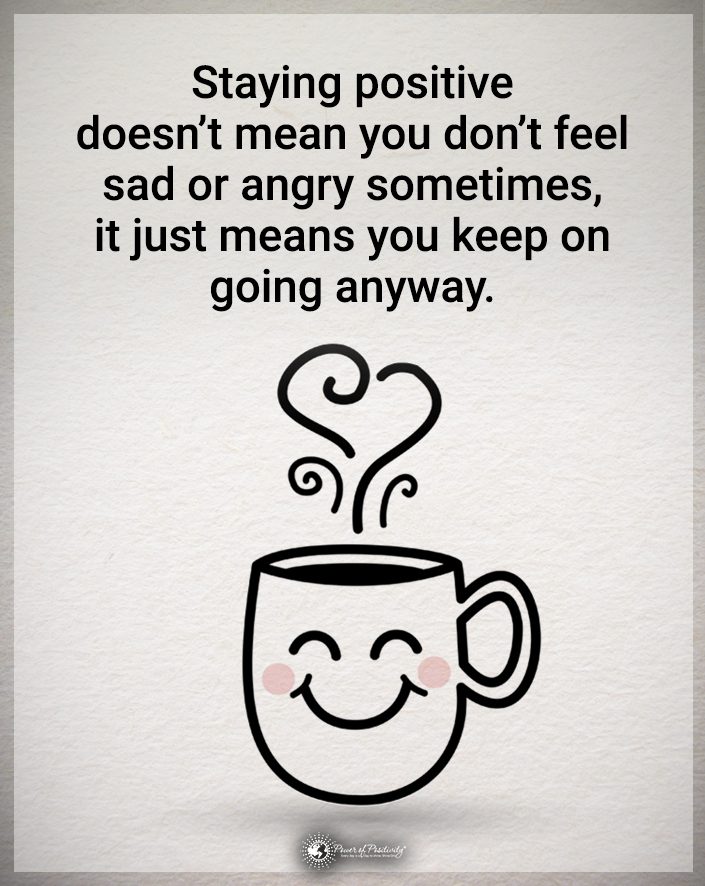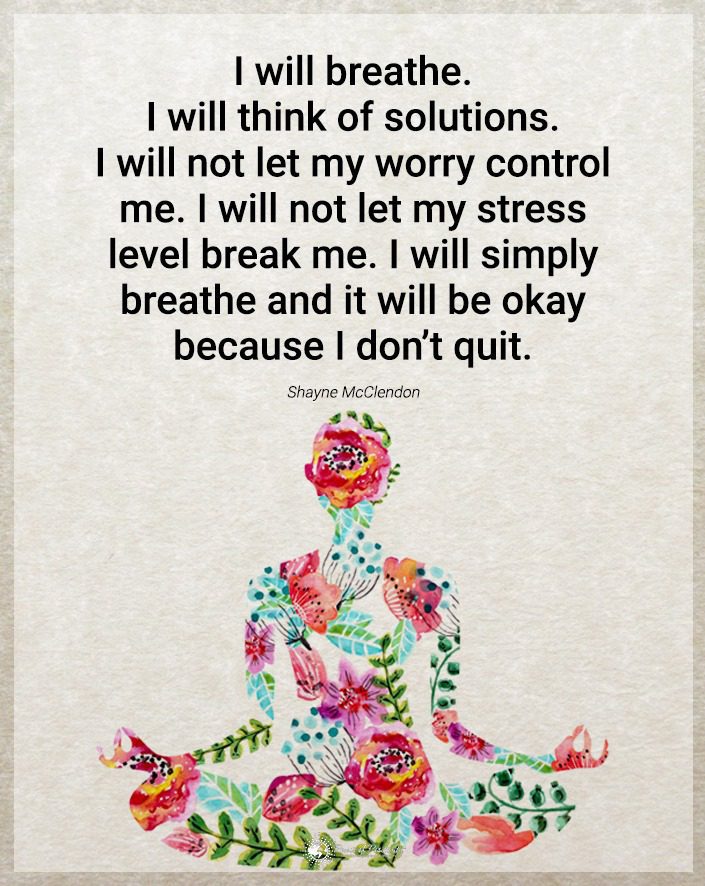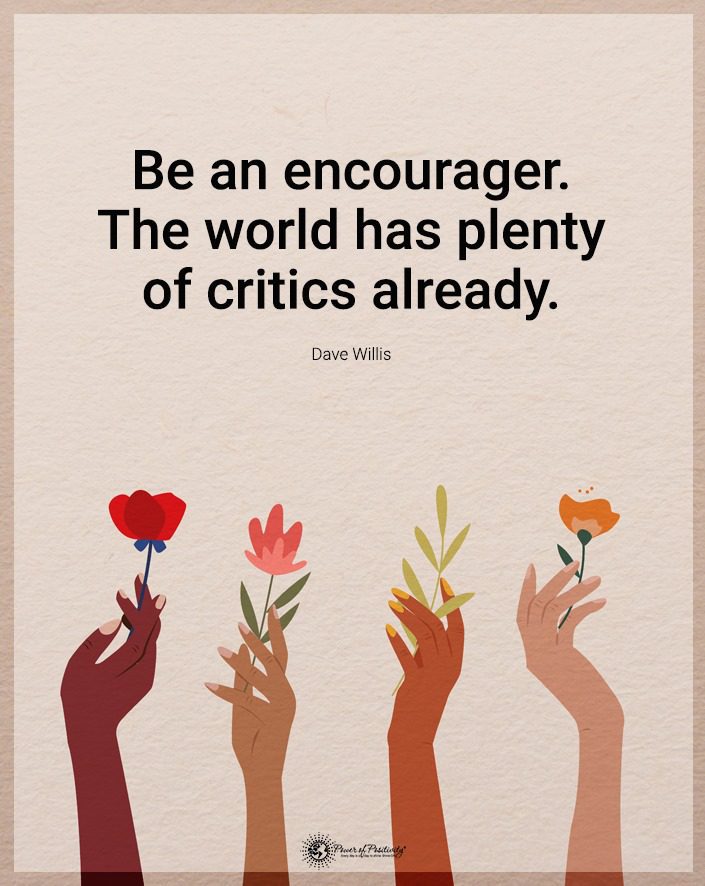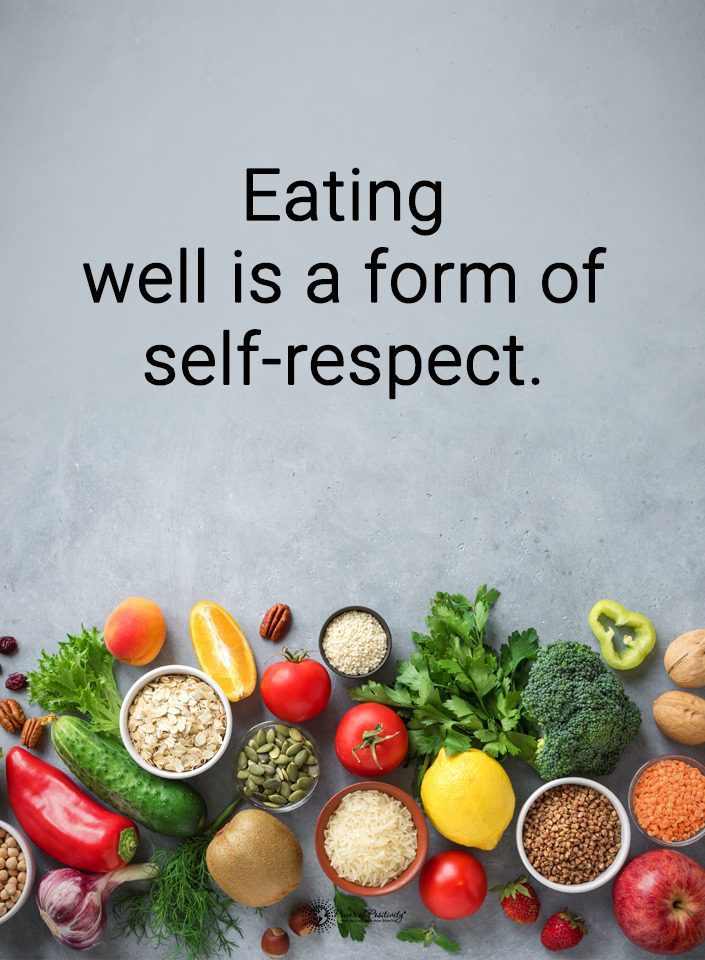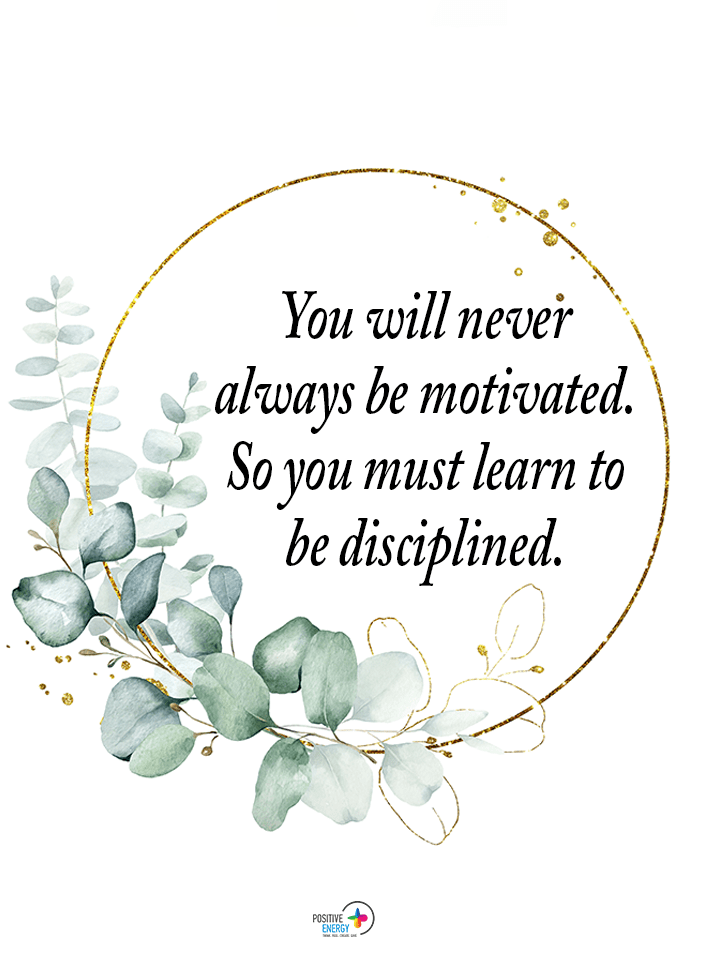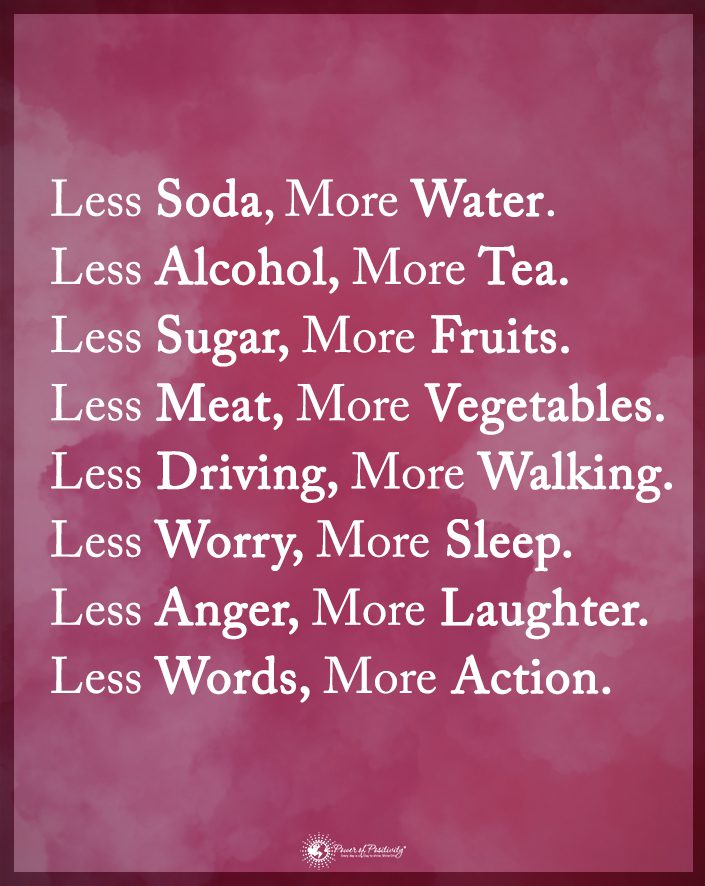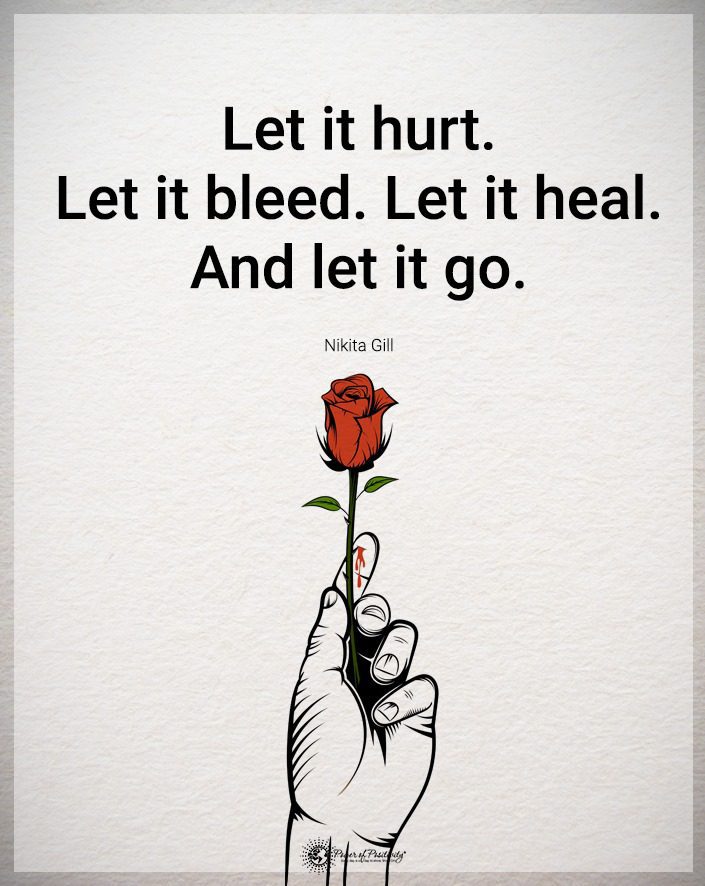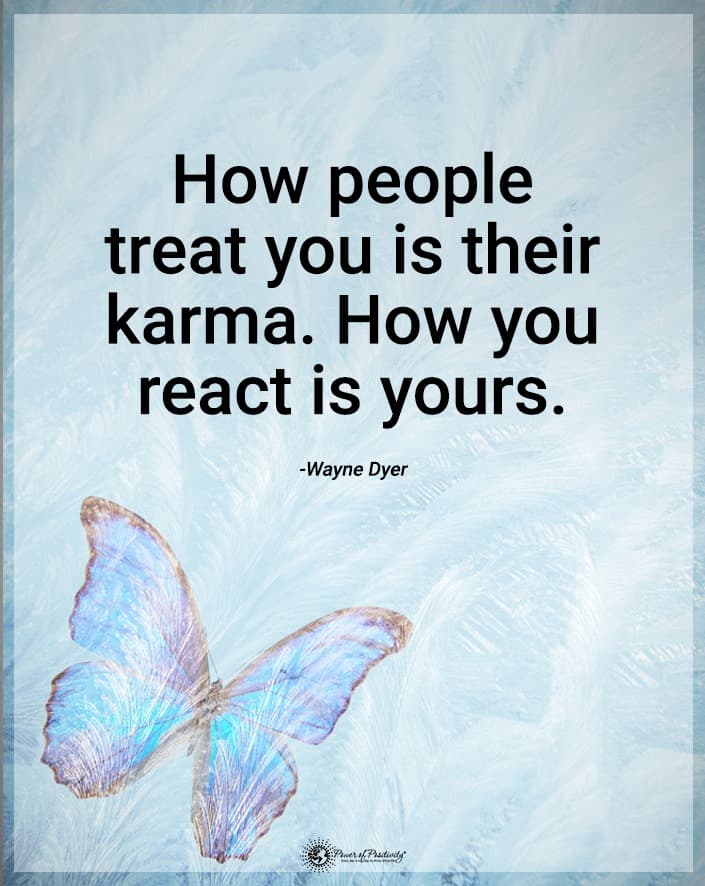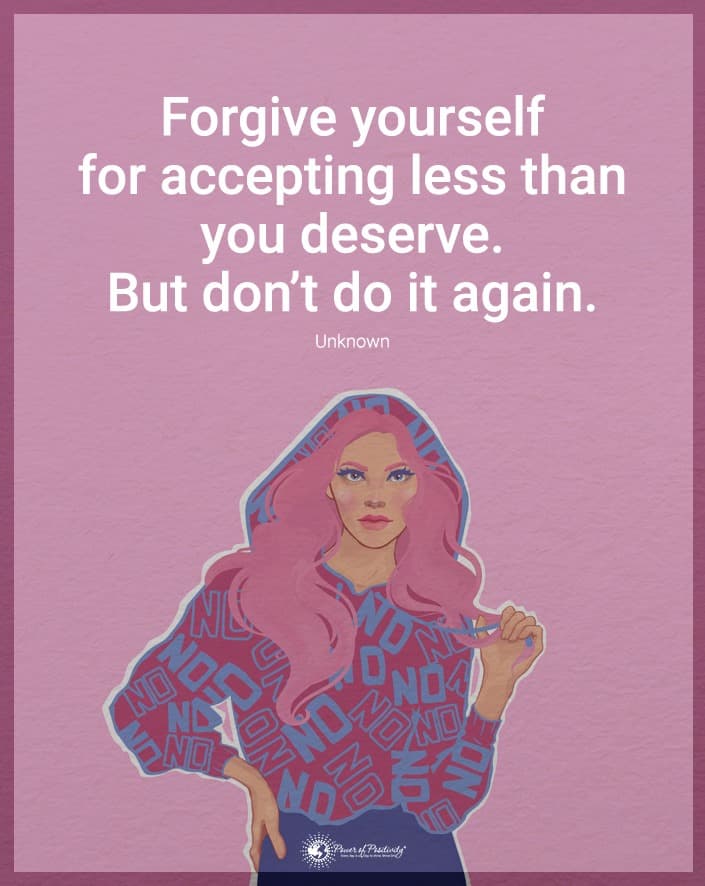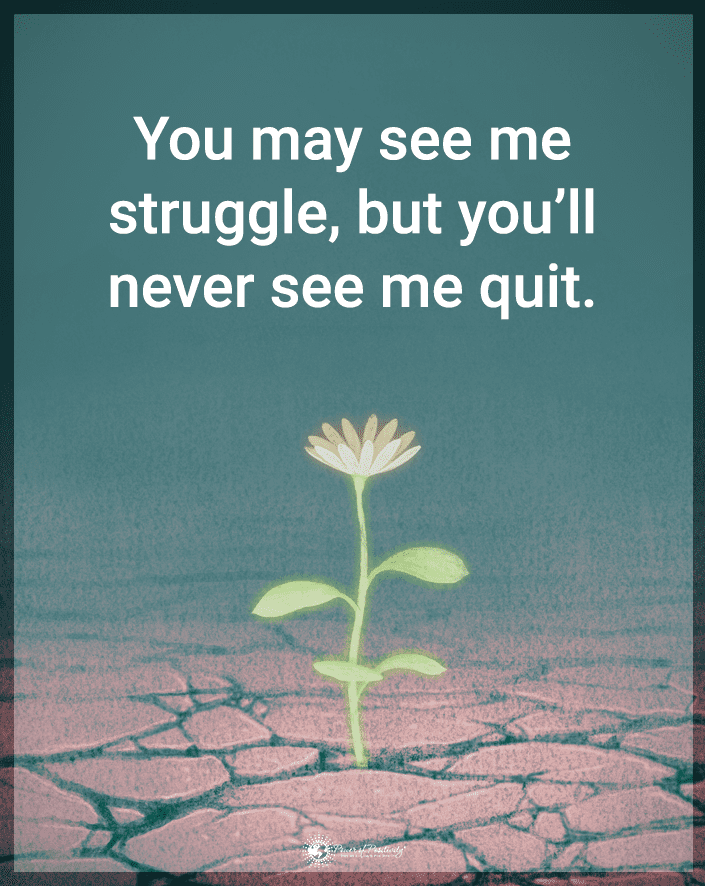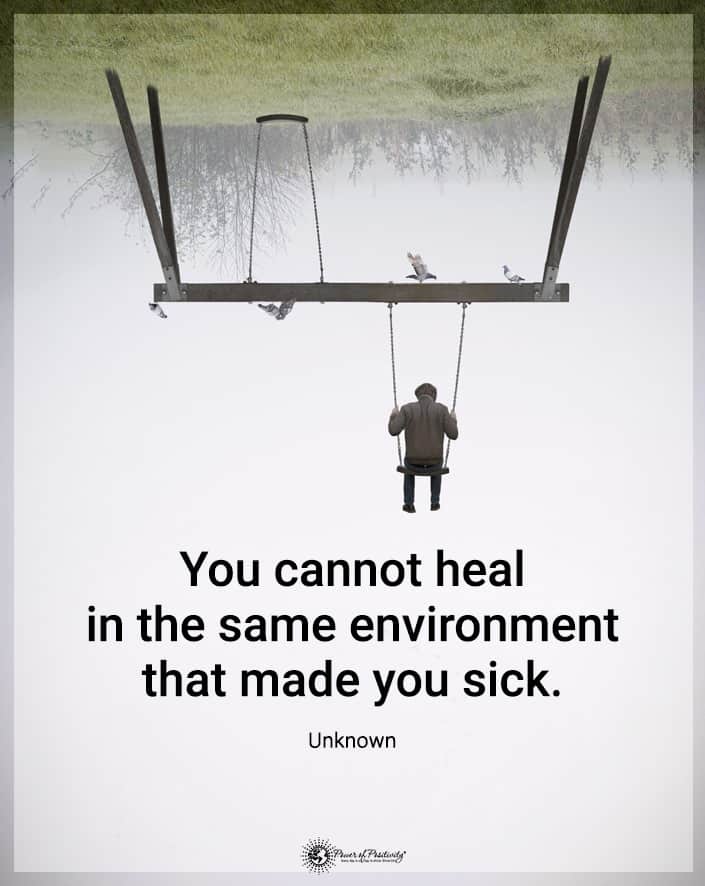Self-compassion means accepting and understanding yourself as you are right now. While the push for productivity and self-discipline makes failing seem unacceptable, it’s part of growth. When things get hard, being compassionate to yourself will help you remember to put yourself first and accept hardship.
Self-compassion requires learning to love yourself in hard times and keeping the light when things get dark. Accepting the hard parts of life and dark aspects of yourself allows you to understand yourself. It also helps you connect with the wonder of life.
Learning to love yourself can make a difference as it increases self-compassion. Everyone has imperfections, and you must embrace yours instead of criticizing yourself. Self-compassion requires fully accepting and understanding yourself.
Loving yourself and practicing self-compassion isn’t always easy and requires constant effort. Using affirmations for self-compassion can help you stay positive and be kind to yourself. The phrases will encourage you to focus on your strengths and remind you of your worth.
Why Self-Compassion is Important
Being kind can give you a sense of overall wellness and contentment. It is essential during hard times, like when you feel you failed or experienced a setback. Self-compassion allows you to stay positive and maintain a healthy mental state no matter what occurs. You’ll feel more confident and bounce back during difficult times.
How to Use Positive Affirmations to Be More Compassionate to Yourself
Affirmations are positive phrases that you repeat daily to help you embrace life and stay optimistic. The affirmations can help you love yourself, find success, and attract abundance. Using affirmations is easy, and it’s most effective when you do the following:
- take a few deep breaths before beginning
- look at yourself in the mirror and smile
- watch yourself as you recite the affirmations slowly, giving yourself time between repetitions
- take the time to let your body absorb the positive energy of the phrases
- write them down if you want to delve deeper into the positivity
Eighteen Affirmations to Increase Self-Compassion
Your self-compassion journey won’t always be perfect, and these phrases can help you in those times. The affirmations can also help you maintain a positive mindset. Use these affirmations in the morning as you get ready, during your lunch break, before bed, or anytime you need a boost.
1 – I make myself a priority no matter what else comes up.
Self-compassion requires putting yourself first, even when something else threatens to disrupt the plan. You can take care of yourself while still being there for others.
Use this affirmation to remember to be compassionate to yourself despite anything else that happens. You’re important, even when life gets hard or people need your help. Avoid putting your needs and desires last because you deserve good things.
2 – I always do my best, which is all that matters.
Give yourself grace because if you’re trying your best, you’re doing enough. Each attempt you make gets you one step closer to success.
You learn as you go, developing and refining skills. Avoid negative self-talk when things don’t go as planned the first time. Remember that doing your best is worth celebrating.
3 – I love everything about myself.
Self-love is essential for self-compassion, and repeating this affirmation can help you start the day on a positive note. Embrace your flaws and unique qualities because they make you who you are. You deserve self-love, and it’ll improve your overall well-being.
4 – I am patient with myself as I change and learn.
No one is perfect, meaning you won’t always get things right the first time. Be patient with yourself as you go through life because you’re changing and growing. Keep trying and give yourself grace, even when things don’t go as planned.
5 – I am taking care of my physical presence.
Your physical presence is what keeps you moving through life. You wouldn’t be here without your body, so you must take good care of it. It’s easy to put others first and push your physical health to the bottom of your list. However, self-compassion requires taking care of yourself no matter what else comes up.
Listen to your body because it’ll give you signs when things aren’t right. Don’t ignore these signs to experience a more fulfilling experience and bask in self-compassion.
6 – I deserve love, and I’ll give myself what I need.
Negative self-talk can convince you that you don’t deserve love, but that’s an inaccurate assessment. You deserve love, happiness, and all good things. Focus on loving yourself and doing all the things you deserve. Before you know it, you’ll experience more self-compassion because you’ve fallen in love with who you are.
7 – I am letting go of worrying about what others think of me.
You’ll struggle to find self-compassion if you constantly worry about what other people think of you. Other people’s thoughts shouldn’t matter to you because your opinion of yourself is all that matters.
You can use this affirmation anytime you let external opinions get to you. It’s also helpful if you know you’ll encounter someone who doesn’t respect you or makes you feel bad about yourself.
8 – I am free to express myself confidently.
Self-compassion involves telling yourself that it’s okay to speak up. Don’t be afraid to express yourself and speak your thoughts. Expressing yourself builds confidence and helps you focus on your needs and wants. Additionally, it helps you feel good about who you are because you’re taking care of yourself.
9 – I will release negative self-talk and focus on positive thoughts about myself.
If negative thoughts frequently come to mind, this affirmation is for you. It helps you free yourself of negative self-talk and embrace the good things instead. Let the negative thoughts pass and replace them with something positive.
10 – I treat myself how I treat the people I love.
You likely want what’s best for your loved ones and to see them find happiness. If that’s the case, think of yourself that way, too. You deserve the same treatment you give, and it all starts with being compassionate.
11 – I am allowed to make mistakes.
This positive affirmation is a reminder that it’s okay to make mistakes or experience failure. Everyone messed up or doesn’t get things right the first time, and it’s okay because it’s all part of the learning process. Mistakes help you figure out what to do differently in the future, so don’t give yourself a hard time over it.
12 – I give myself opportunities to grow.
Giving yourself growth opportunities allows you to be compassionate toward yourself. It involves trying, failing, and loving yourself through it all. Without trying new things or experiencing failure, there’s no chance to learn and grow.
13 – I embrace my unique qualities and use them to my advantage.
Your unique qualities make you special, and embracing them leads to self-compassion. Once you start loving the things that make you different, you can use them to your advantage. The more you use these qualities, the more compassionate you’ll feel about yourself.
14 – I am giving myself the time and space to heal.
Many people want to suppress their feelings and ignore pain, but it doesn’t help. Give yourself a chance to heal, increasing self-compassion and self-love. It also allows you to heal and move forward with less trauma and negativity. Healing takes time and patience, and this phrase can help you see it through.
15 – I accept myself as I am right now.
Even as you strive to do better and learn more, you can accept yourself as you are right now. Appreciate who you are and what you have, and let it encourage you to reach your dreams. Accept yourself at every stage of life to increase compassionate feelings toward yourself.
16 – I am thankful for who I am.
You can love things about other people and still be thankful that you’re different. Showing gratitude for your strengths allows self-compassion because you’re proud and accepting of yourself. Use this phrase each morning, and you’ll think positively from the start.
17 – I am treating myself with compassion in all moments.
Repeating this affirmation can convince your mind to be kinder to you. The more often you say something, the more you believe it. Then, you begin acting out the thoughts and treating yourself better.
18 – I am practicing self-love and giving myself the attention I need.
When you stop looking to others for love and attention, you’ll find self-compassion as you care for yourself. Do the things you need, be kind, and enjoy your time. Focusing on yourself not all increases self-compassion but it also improves your overall well-being and helps you get to know yourself better.
Final Thoughts on Affirmations to Increase Self-Compassion
Negative thoughts can be hard to escape, but self-compassion makes it easier to give yourself grace. Self-criticism and judgment bring you down and can prevent you from compassionate self-talk. Ultimately, you block yourself from reaching your goals.
These affirmations can help you refocus and increase self-compassion, improving your life. You’ll begin to understand yourself and embrace every part of who you are.


